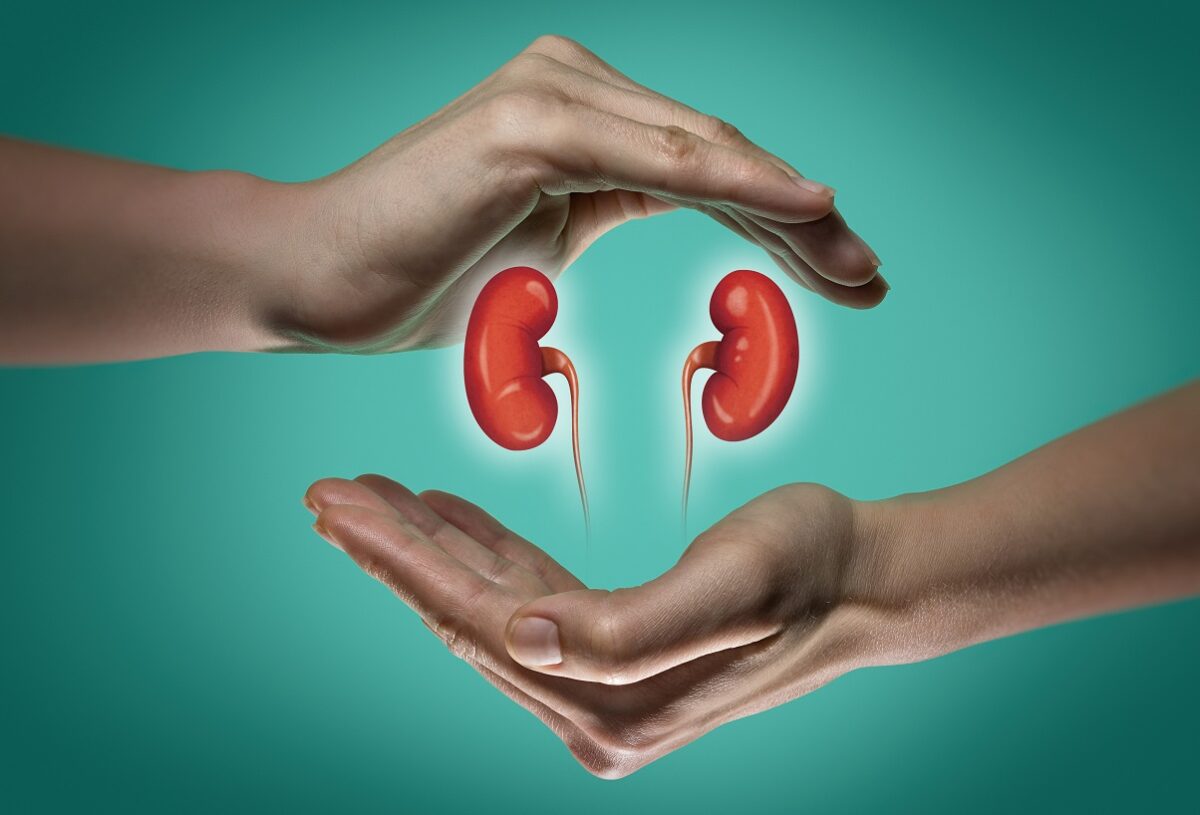As a vital body organ, kidneys keep the blood clean and chemically balanced. Healthy kidneys clean the blood by filtering out the excess water and toxic waste products. They also have the function of producing hormones that keep your bones strong and your blood healthy.
What happens when your kidneys stop working?
If the kidneys are damaged or stop functioning, the patient will either urinate much less or not at all. Meanwhile, the body continues to produce waste liquid which starts to accumulate in the patients’ blood. This is called Uremia. In this condition, it is common for the hands and feet to swell and for the patient to feel short of breath. Another effect of this condition is high blood pressure coupled with the inability to produce sufficient red blood cells. A feeling of fatigue, nausea and general loss of appetite usually follow. If the condition is left untreated it will lead to seizures or coma and ultimately result in the death of the patient.
Kidney failure is referred to the state when the kidney function falls below 15%. In this situation, dialysis or transplantation may be the only ways to replace the lost kidney function.
Substituting kidney function
When patients are first diagnosed with kidney failure, the thought of dialysis can be frightening. To prepare you for this experience it is essential to understand what lies ahead. You must be physically, mentally and emotionally ready to accept the treatment you are about to begin.
Our medical team will discuss the treatment with you to give you a good understanding of what your time in our clinic will be like and what results to expect. Our doctors, nurses and dieticians will guide you to make sure your dialysis treatment is as effective as possible.

